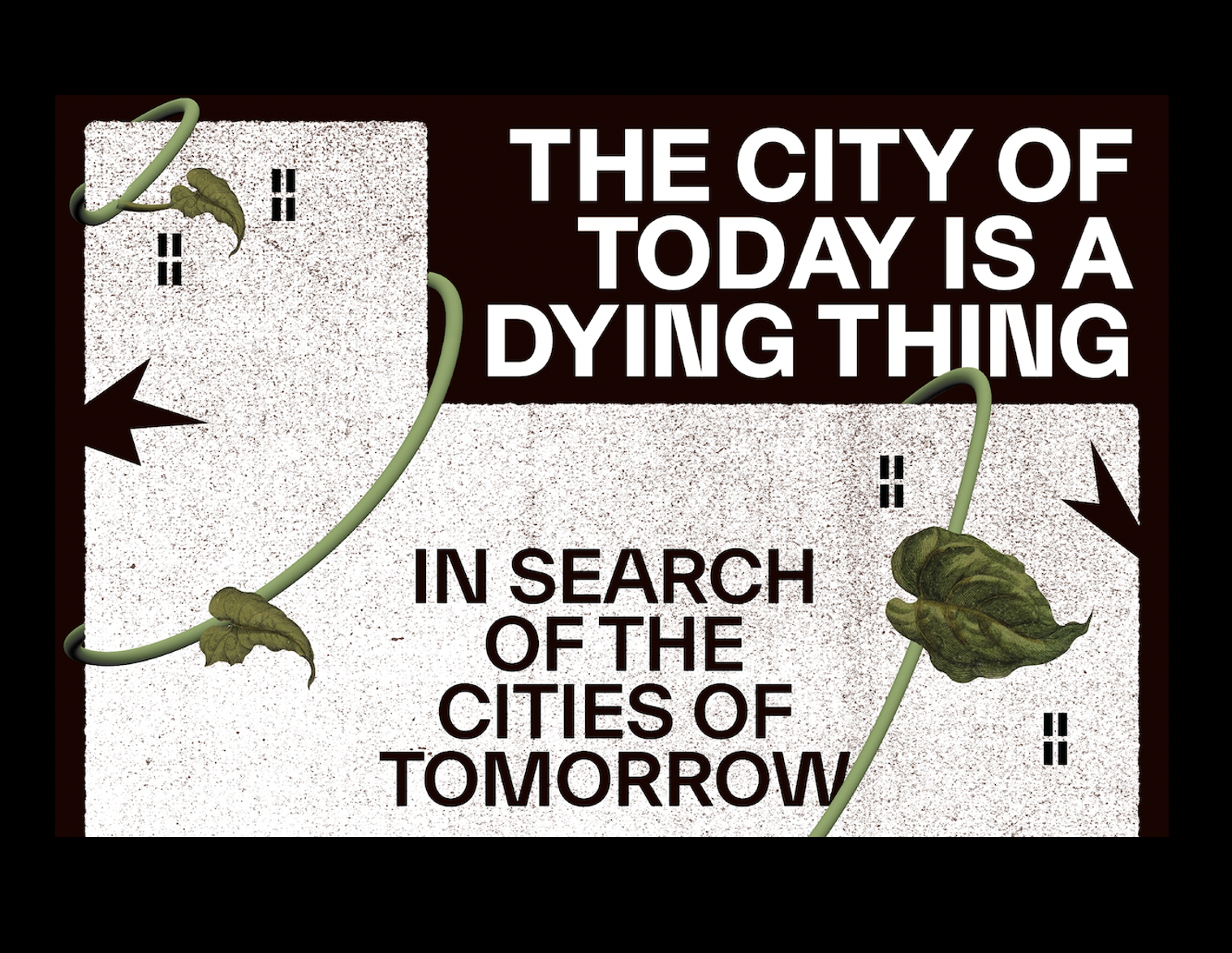Post
BOOK REVIEW | The City of Today is a Dying Thing
8 Jan 2024
By Des Fitzgerald
Reviewed by Rob Fiehn
Politicians are often seen planting trees for a photo-op, and marketing brochures are regularly filled with visions of a near future where occupants reside in manmade verdant oases within the confines of the city. This aesthetic does not appeal to Des Fitzgerald, author of The City of Today is a Dying Thing. He takes the unusual stance of being “against green cities”, which might make him sound anti-tree or anti-nature but it’s not quite that simple. Fitzgerald, professor of medical humanities and social sciences, instead chooses to explore the roots (pun intended) of the green city movement and uncover why people became fixated on living close to nature while denouncing the social decay of the metropolis.
Get priority booking on events - join The London Society
He traces this sentiment back to the Victorians who set up committees for public parks, just as entrepreneurs built idealized towns for their workers, all of which would feed into the garden city movement that flourished in the early twentieth century. The author is deeply suspicious of tactics to use landscape to ‘civilise’ the urban poor, or at least placate them from any revolutionary feelings. As a lover of cities, Fitzgerald is keen to point out that these dirty and often overcrowded environments are also melting pots of culture and creativity and argues against the simplistic “low-budget moral goods (city bad; nature good)”.
By bringing this debate into the here and now, the book turns to the idea of trees being misused across buildings and hard landscapes as an obvious symbol of the natural environment. The Marble Arch Mound is cited as the zenith of “an imposition of ‘nature’ on the city.” It crudely tries to comment on the relationship between London and its green spaces but ends up as a monument to performative planting, which means this temporary topiary becomes objectified and loses all sense of ‘treeness’. Fitzgerald is also concerned that this quest for a return to nature hints at a glorified return to the past, itself connected to a growing desire to bring back traditional architectural designs to our towns and cities. Proponents of this movement feel that classical motifs are somehow more natural and less ‘created’ by the hand of man.
Buy your copy of London of the Future HERE
The City of Today is a Dying Thing is a curious but alluring publication. It feels at once like a very personal journey for the author, filled with anecdotes and familial musings, while also a thorough historical analysis of the green city ideals. I will never look at the poor old urban tree in the same way again.
